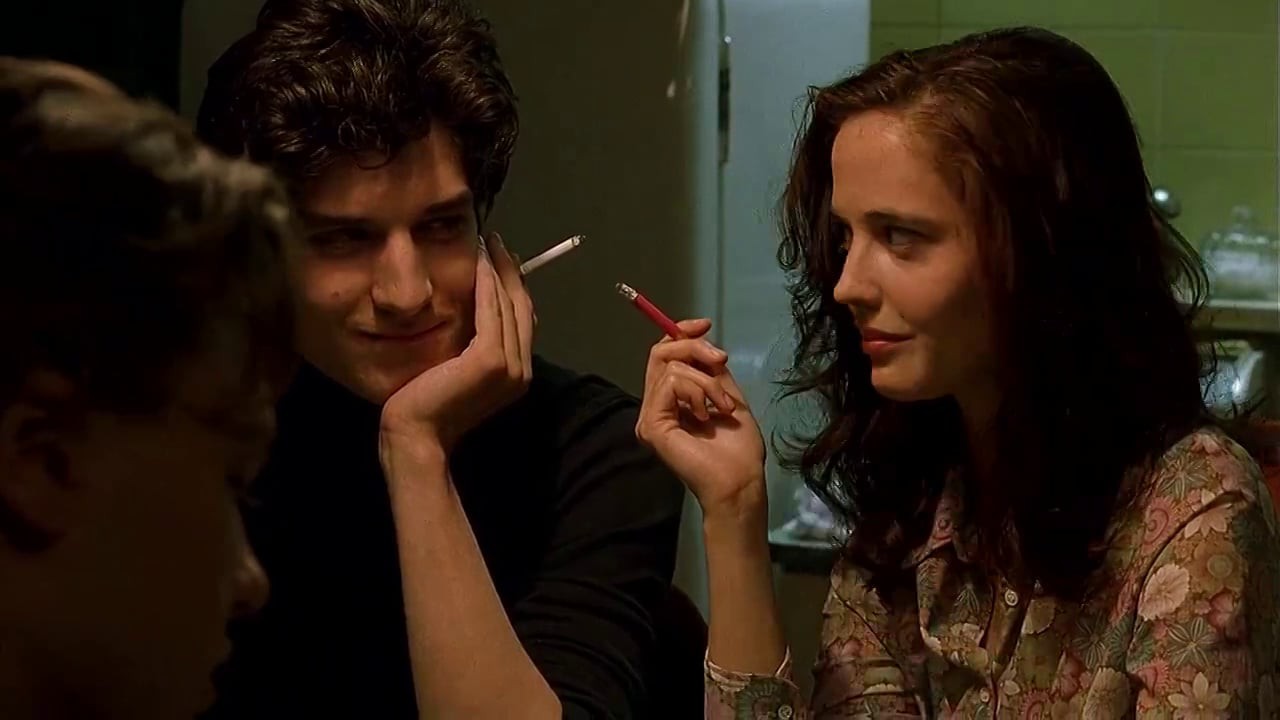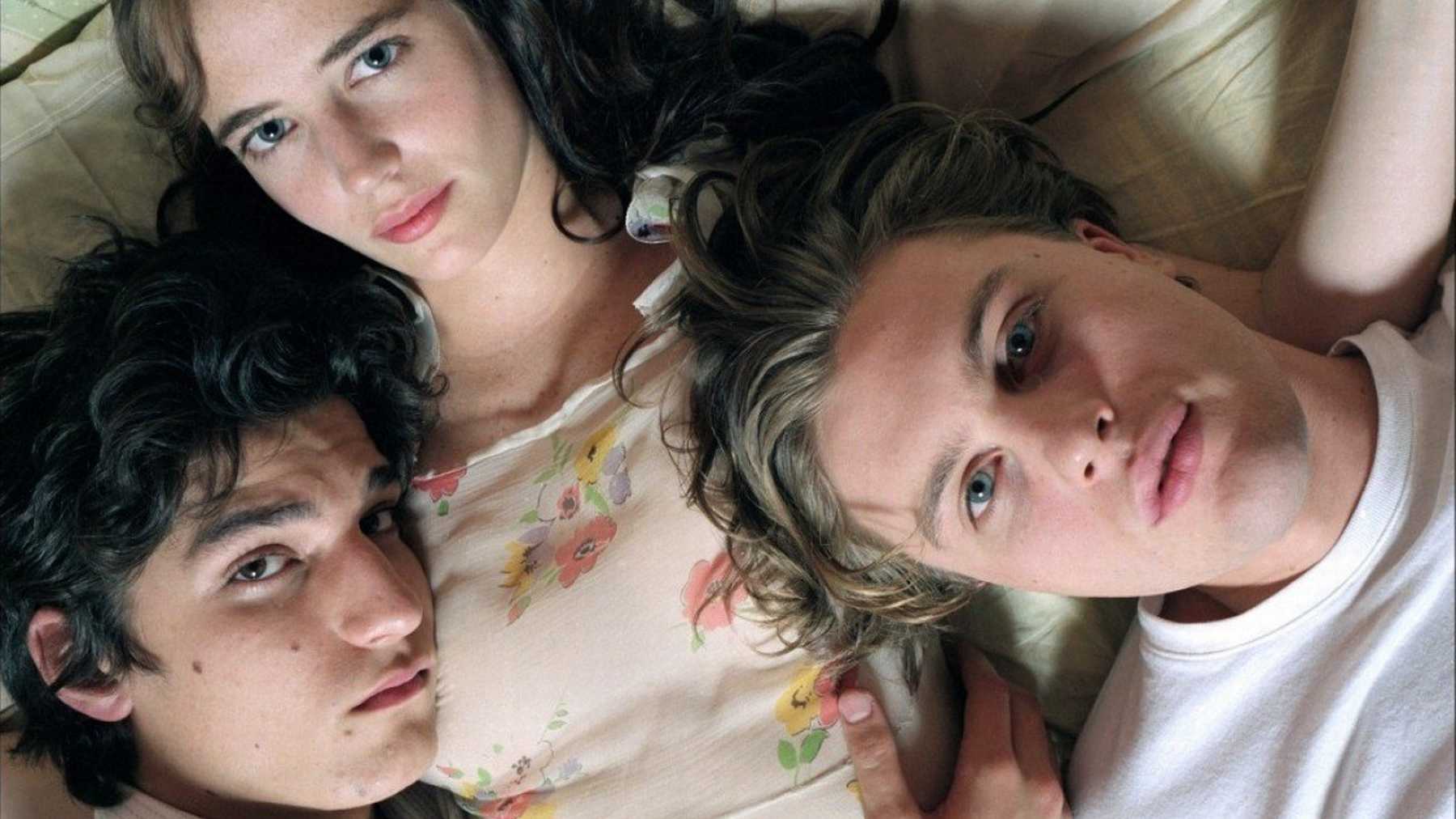"The Dreamers" (2003): A Provocative Exploration of Youth, Cinema, and Revolution
The Dreamers, directed by acclaimed Italian filmmaker Bernardo Bertolucci, is a provocative and poetic drama released in 2003. Set in Paris during the tumultuous political unrest of May 1968, the film blends eroticism, youthful rebellion, and cinephile obsession into a haunting exploration of identity, innocence, and ideology. Adapted from Gilbert Adair’s novel The Holy Innocents, The Dreamers is at once a tribute to classic cinema and a bold, controversial study of the emotional and sexual awakening of three young people.
The story follows Matthew (played by Michael Pitt), an American exchange student in Paris with a deep love for movies. During a protest at the Cinémathèque Française—where film lovers rally against the dismissal of its legendary director Henri Langlois—Matthew meets an enigmatic and charismatic pair of French twins, Isabelle (Eva Green, in her debut role) and Théo (Louis Garrel). The twins invite Matthew into their lavish but crumbling Parisian apartment, and he soon becomes entangled in their insular, bohemian world.

As the political unrest simmers outside, the trio withdraws from reality, indulging in a dreamlike routine of film reenactments, philosophical debates, and increasingly transgressive games. The apartment becomes a symbolic space—detached from society yet filled with tension, longing, and sensuality. Their love for cinema becomes a language of intimacy and identity. They quote scenes from Godard, Truffaut, and Chaplin, turning their lives into a surreal performance of their favorite art form. But beneath the surface lies emotional instability, blurred boundaries, and unresolved trauma.
Eva Green delivers a fearless and magnetic performance as Isabelle—a complex character who embodies both innocence and manipulation. Michael Pitt’s Matthew is a curious, morally conflicted outsider, whose experience with the twins forces him to question his values and desires. Louis Garrel’s Théo, intensely intellectual and emotionally volatile, provides the ideological fire that echoes the revolutionary spirit of the time. Together, their chemistry is unsettling yet hypnotic, pulling the viewer into their isolated world.

Visually, The Dreamers is sensual and richly atmospheric. Cinematographer Fabio Cianchetti uses warm, golden tones to create a dreamy, nostalgic quality, while the camera lingers intimately on the characters' bodies and expressions. Bertolucci weaves archival footage of 1968 Paris into the narrative, reminding the audience of the real-world revolution unfolding beyond the apartment walls—a revolution the characters are too self-absorbed to fully engage with until it crashes into their lives.
The film generated controversy for its explicit sexual content and themes of incestuous tension, leading to varied responses from critics and audiences alike. Some hailed it as a daring and honest portrayal of youthful exploration; others criticized it as indulgent or exploitative. However, few could deny its emotional intensity and artistic ambition.
In the end, The Dreamers is not just about politics or sexuality—it’s about the intersection of art and life, the fragility of youth, and the illusion of freedom. It is a film that lingers in the imagination, much like a dream half-remembered: beautiful, troubling, and unforgettable.


-1751965785-q80.webp)